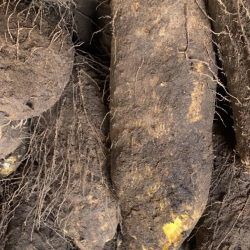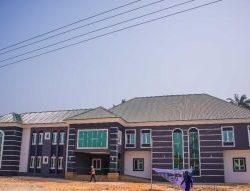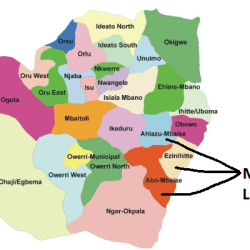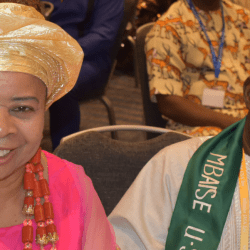Iriji Mbaise Festival is Mbaise’s new yam festival usually celebrated on the 15 day of August yearly.
When July came and people entered their farms for harvest and found enough tubers of yam, they celebrated. More mysterious would be the fact that when you cut and leave the head of the yam in the ground, it would bear more tubers in the coming months. This was figured out to be the work of a higher being sent by God to intervene in their hunger situation, Ahiajoku.
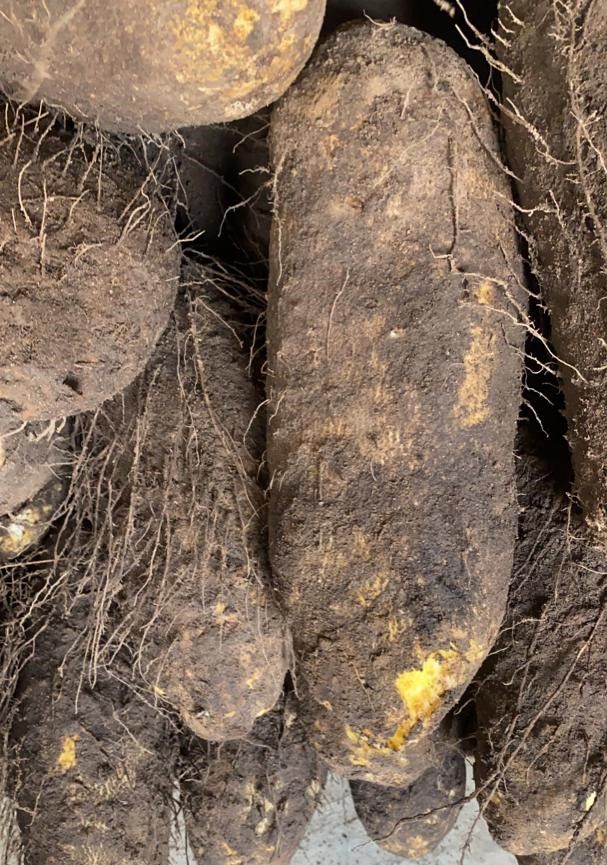
When this happens, the fathers in each household in the villages and towns would be very happy and thankful to God for having survived the famine. To them, this wonder of nature calls for celebration hence a day was set aside for the celebration named Iriji-Ohuo – New yam Festival.
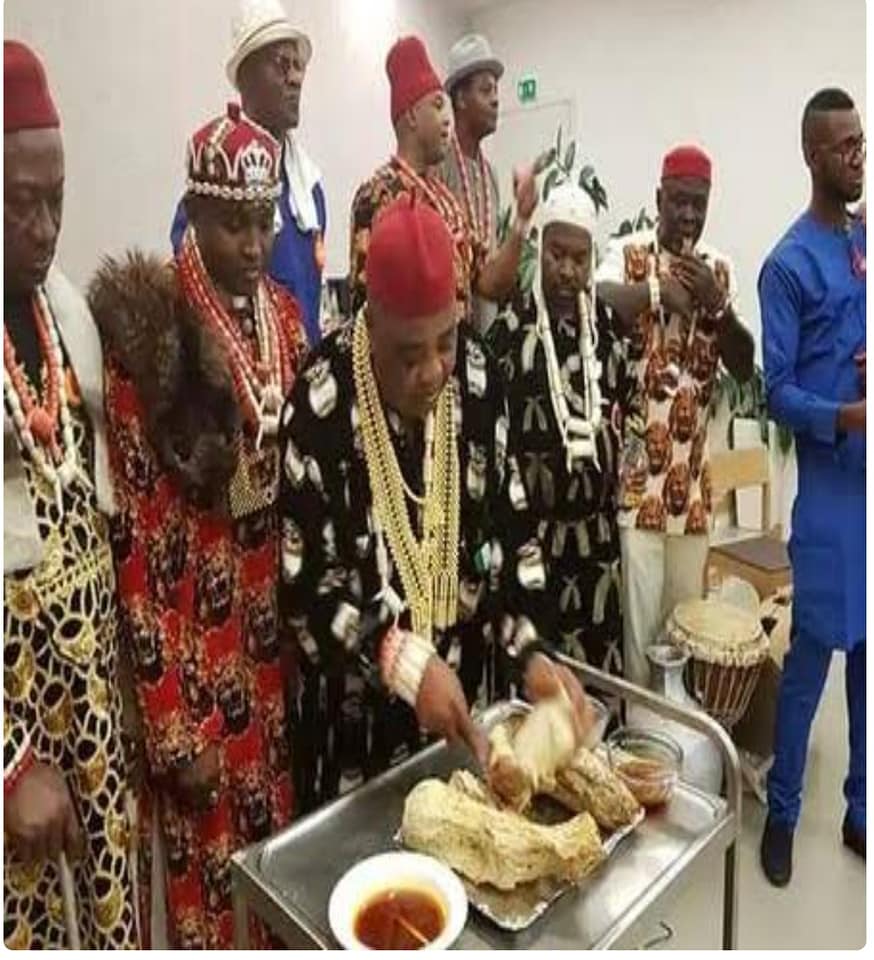
Each household also revered Ahiajoku such that they built a shrine in each home stead for offering goat, yam, sheep and drinks to it in gratitude. Ahiajoku is the acclaimed god of farm crops especially yam. During the Iriji Ohuo celebration, prayers and libation would flow in praise and thanksgiving to god of yam and to God Almighty whom the Mbaise people called Chukwu Abiami or Eke kere Uwa.
In those earlier days, the celebration of annual Iriji took place in every village and town in Mbaise on an important market day of the week like. The celebrations were said to take place on every important market day of each town such as; Orie-Ukwu, Eke-Ukwu, Afo-Ukwu, or Nkwo-Ukwu.

With time Christians and people realized that the one God that created man also created every other thing in the universe and to Him alone belongs all Honor, Praise, Worship and Adoration, and the Ahiajoku ceremony faded away and was replaced with Christian Festival of the First Fruit EX 23;16.
With the advent of Christianity and the Bible, Mbaise nation believed to be the home of the most high God, the people believed that this was also a way to fulfill God’s law to his people of Israel to celebrate three Festivals a year to Him. Celebrate the harvest Festival when you begin to harvest your crops. (Exo 23; 16, Deu 16;9, Lev 23,15-21, 2nd Chro 8,12-13. Thus the festival of the new yam is a thanksgiving celebration.
There are farmers in every village and town who grow and harvest more yams than others. These great farmers were given the prestigious title of EZEJI
They are acclaimed as having the largest farms and could feed hundreds of people without running out of supply. Though the Ezeji title holders regard Iriji as their particular ceremony, the event is for every member of the Mbaise.
Ezeji cultivates the yams, owns the yams, harvest the yams and gives them to people to eat. It is also the role of the Ezeji to roast and cook yams enough to feed the masses that attend the iriji ceremony. They are also great and powerful landowners, and as title holder they are expected to be outstanding personalities in the Community. Ezeji people play important role in the settlement of land disputes. They pray and bless the new yam, taste it and give it to others to eat.
Meanwhile, in the recent times, yam which is regarded as the head of farm crops have come to symbolize among other things-accomplishments, jobs, productivity in every field of lives endeavor, overcoming adversity, anniversaries, etc.
On the 15th of August every year, Mbaise people all over the world do celebrate this thanksgiving event individually or collectively with friends and well-wishers. They come together to celebrate their achievements and accomplishments over the year with special thanksgiving to God.
As a ceremony officially marking the eating of new yam, Iriji is sustained and nurtured by Ezeji title holders. Other supporting groups include; Ndi Eze or Mbaise Council of Traditional Rulers, Ezuruezu Mbaise, Mbaise People’s Congress, or the traditional institutions. Iriji annual event attracts people from all over the world. It has attracted Chief executives, top government officials, governors and vice presidents over the years. It has become a symbol of unity and home coming for Mbaise sons and daughters which appreciates economic, social and tourism activities within this period.
